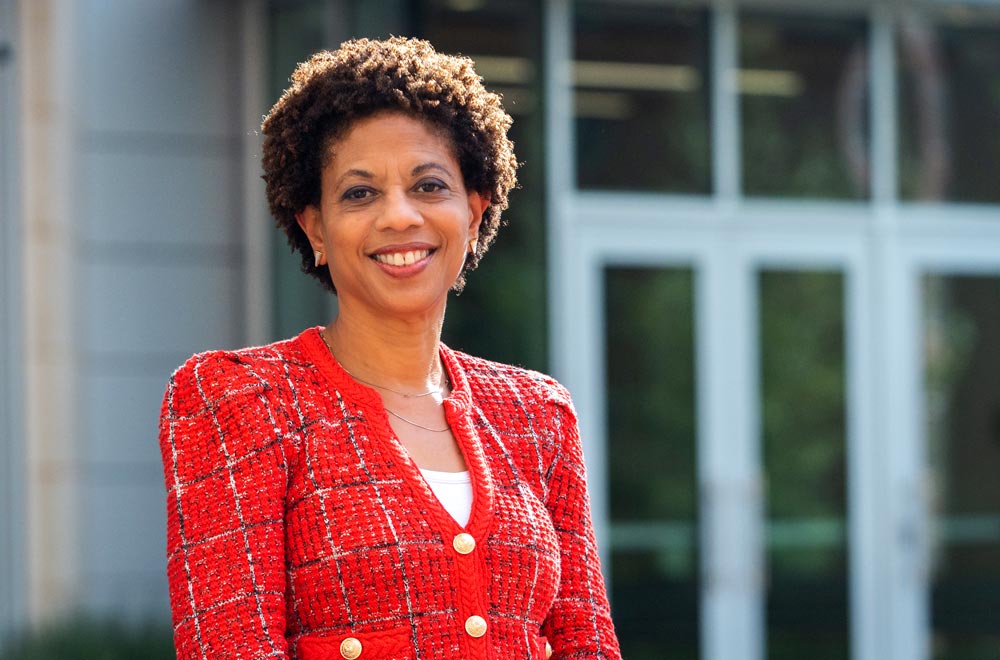Since his wobbly debate performance in late June, President Joe Biden faced calls from fellow Democrats to leave the presidential race. In a sudden and historic announcement Sunday, he did just that, choosing to “stand down” and endorse his vice president, Kamala Harris.
What should we make of these unprecedented times? UVA Today asked Melody Barnes, executive director of the University of Virginia’s Karsh Institute of Democracy.
Q. Does Biden’s endorsement of Harris affect the selection process and Americans’ sense of fairness at this stage of the election process?
A. While Biden’s endorsement propelled Harris’ candidacy to front-runner status, the delegates will make the ultimate decision based on Democratic National Convention rules. Most Americans will believe the process is fair if leaders of the Democratic Party, including Harris and the Democratic National Committee, proceed thoughtfully and clearly communicate the rules and the steps being taken to follow them.
Many party leaders are rallying behind Harris. While this is a critical part of gaining support from DNC delegates, it may amplify calls to ensure that the delegates decide the outcome without undue influence from party elites.









